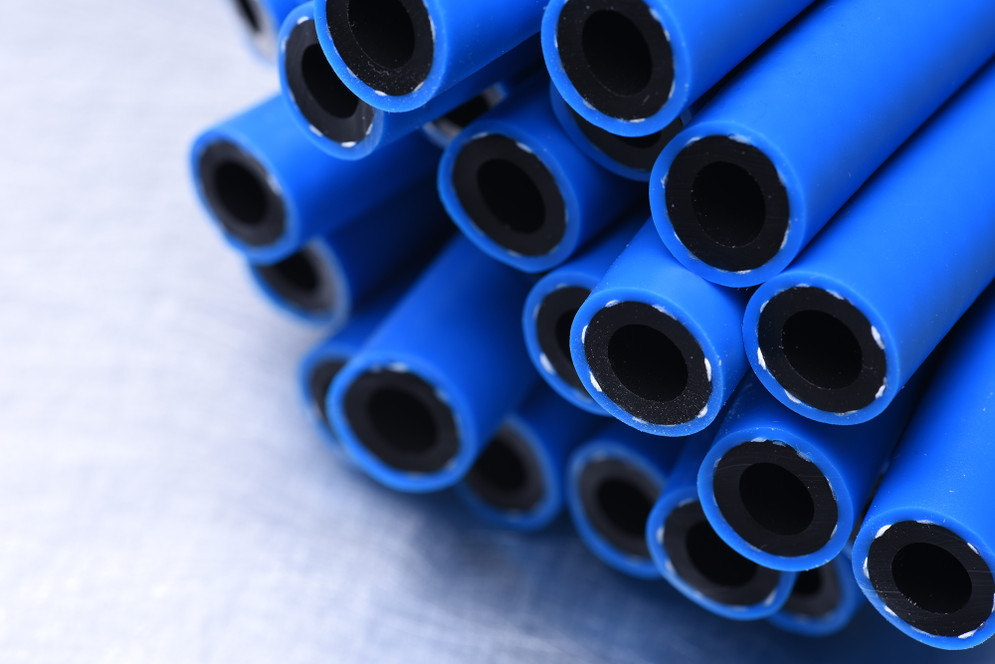Silicone tubing is a versatile and highly durable material that is used in a wide range of applications, from heating and cooling systems to medical devices and food processing equipment. However, the impact of silicone tubing on environmental sustainability has been a topic of debate in recent years. Flex Technologies offers the best silicone hoses and tubing to industries worldwide. We offer custom silicone tubing solutions and high-quality silicone hoses that meet OEM standards. In this article, we'll explore the environmental impact of silicone tubing and the steps that can be taken to ensure that it is used in a sustainable and responsible manner. Shop with us today!
![]()
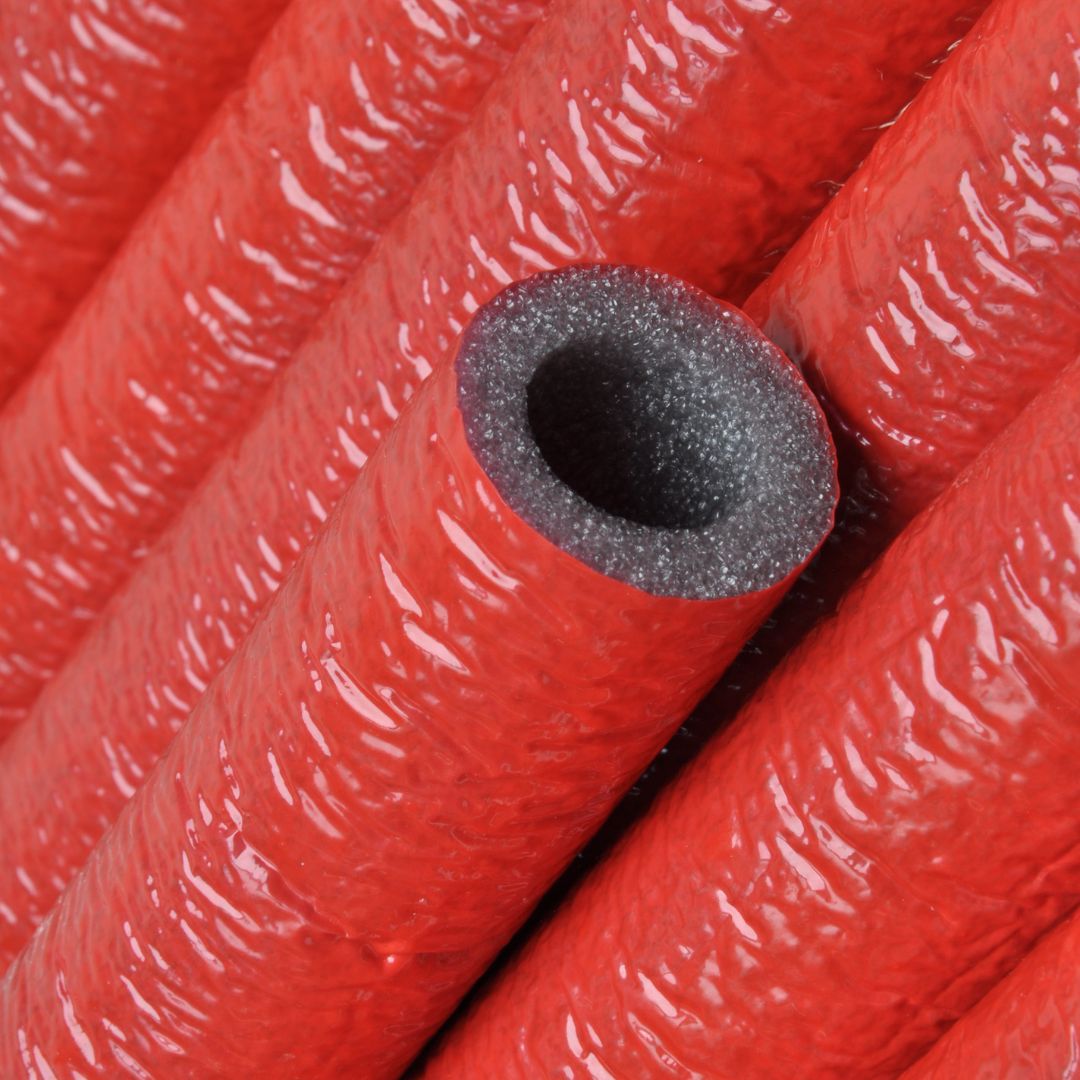
Manufacturing Process
One of the primary concerns related to silicone tubing and environmental sustainability is the use of non-renewable resources in its production. Silicone, which is a key component of silicone tubing, is made from petroleum, a non-renewable resource. The extraction and processing of petroleum can be environmentally damaging and can contribute to climate change through the release of greenhouse gasses. However, efforts are being made by silicone manufacturers such as Flex Technologies to reduce their carbon footprint and minimize their impact on the environment. For example, some companies including our silicone manufacturing company are exploring the use of bio-based silicone, which is made from renewable resources such as sugarcane, as a more sustainable alternative.
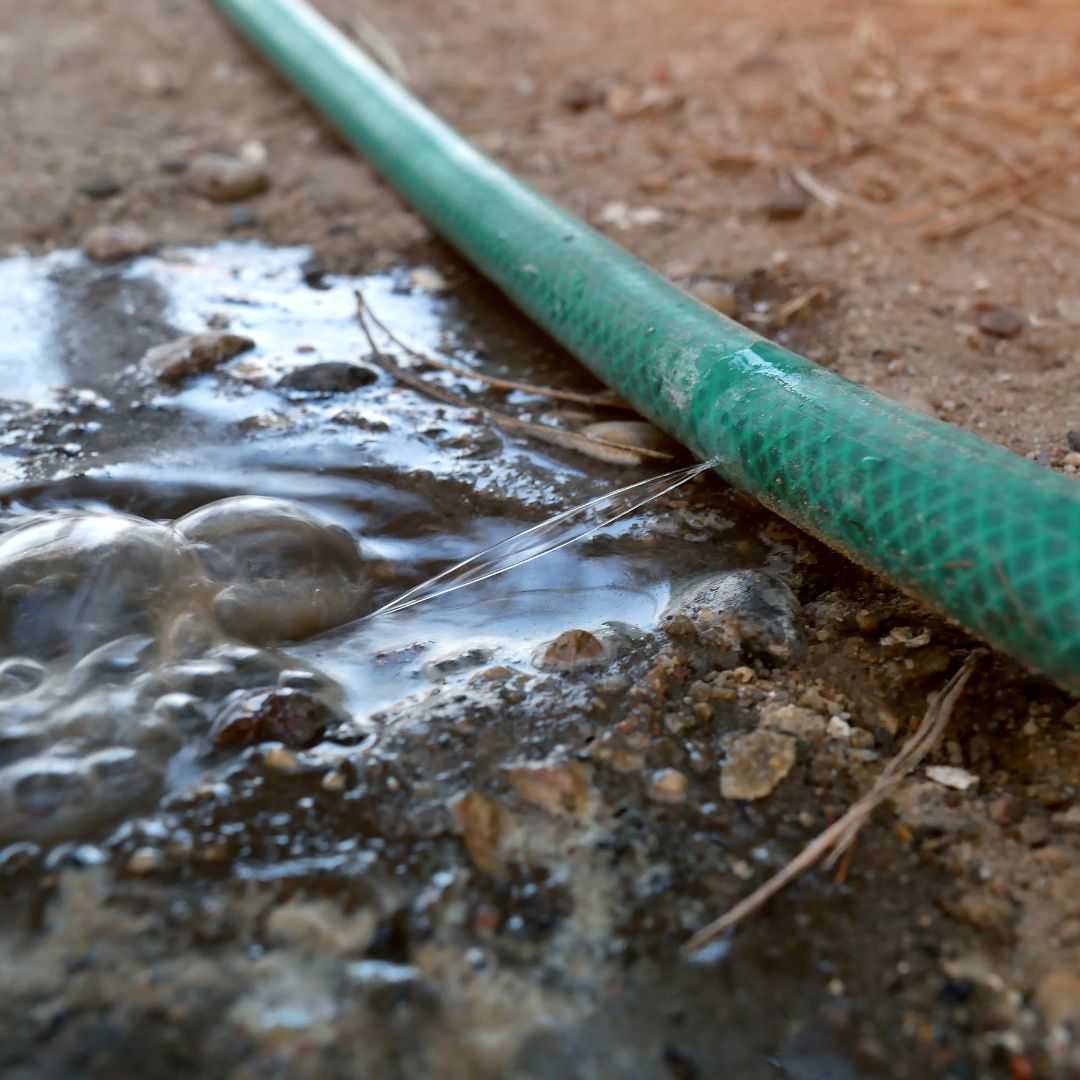
Recycling of Silicone
Another concern related to silicone tubing and environmental sustainability is the disposal of the material at the end of its life cycle. Silicone is a highly durable material that does not biodegrade, meaning that it can take hundreds or even thousands of years to break down in the environment. If silicone tubing is not disposed of properly, it can contribute to environmental pollution and damage. However, silicone tubing is recyclable and efforts are being made to encourage more widespread recycling in order to reduce waste and minimize the environmental impact of silicone tubing.

Applications Help Make Silicone Hoses Sustainable
It's also important to note that silicone tubing can contribute to environmental sustainability in certain applications. For example, silicone tubing is often used in heating and cooling systems where it can help to conserve energy and reduce greenhouse gas emissions by improving the efficiency of these systems. Similarly, silicone tubing is frequently used in medical devices, where its durability and resistance to high temperatures make it an excellent choice for sterilization and reuse, reducing waste and minimizing environmental impact.
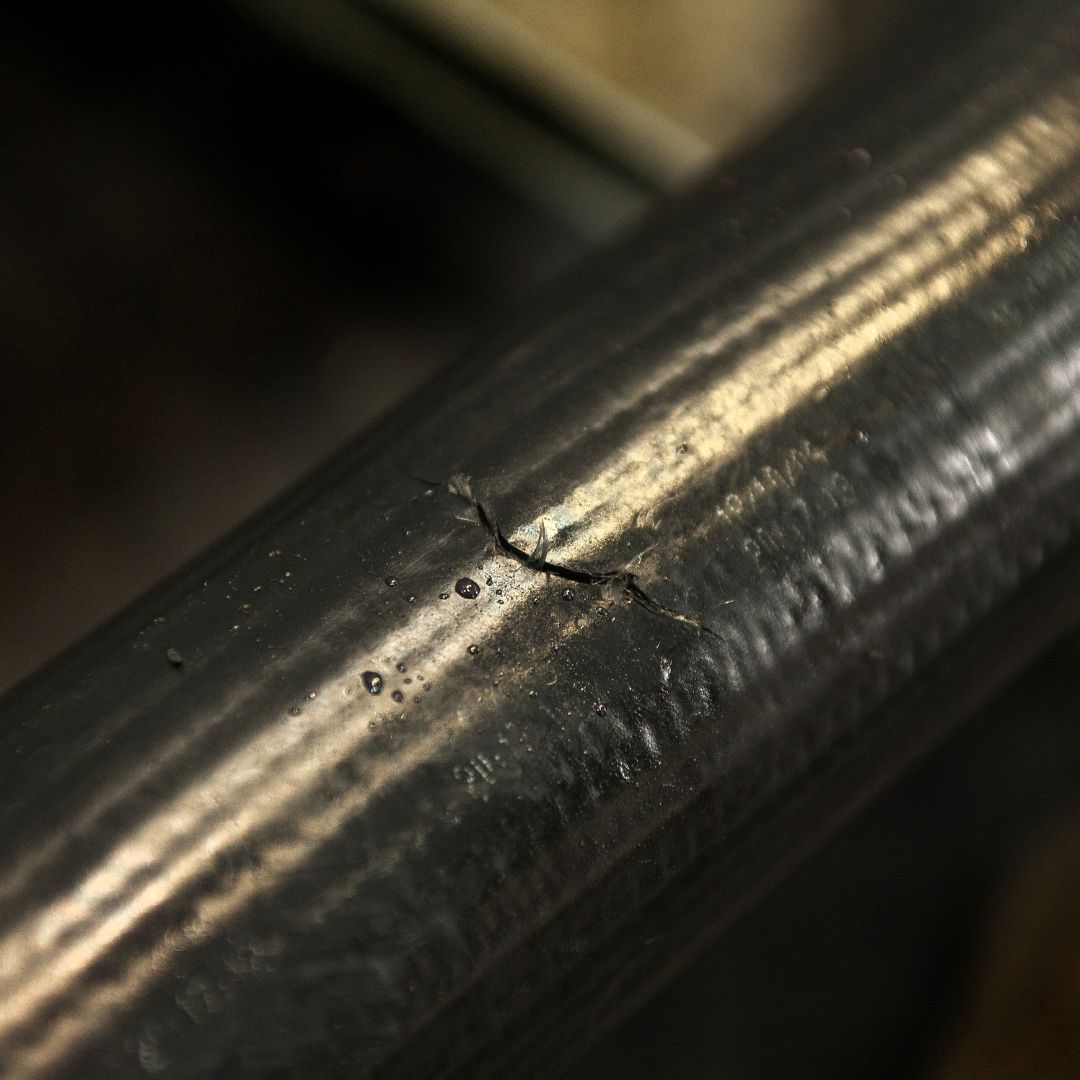
Extending the Life Cycle of Silicone
In order to ensure the most sustainable use of silicone tubing and hoses, it is important to consider the entire life cycle of the product, from production to disposal. This includes making responsible choices about the type of silicone used in production, ensuring that the silicone tubing and hoses are designed for reuse or recycling wherever possible and properly disposing of any waste generated during the manufacturing process. In addition, using silicone tubing in applications that can help conserve energy or reduce waste can contribute to a more sustainable approach to manufacturing and resource use.
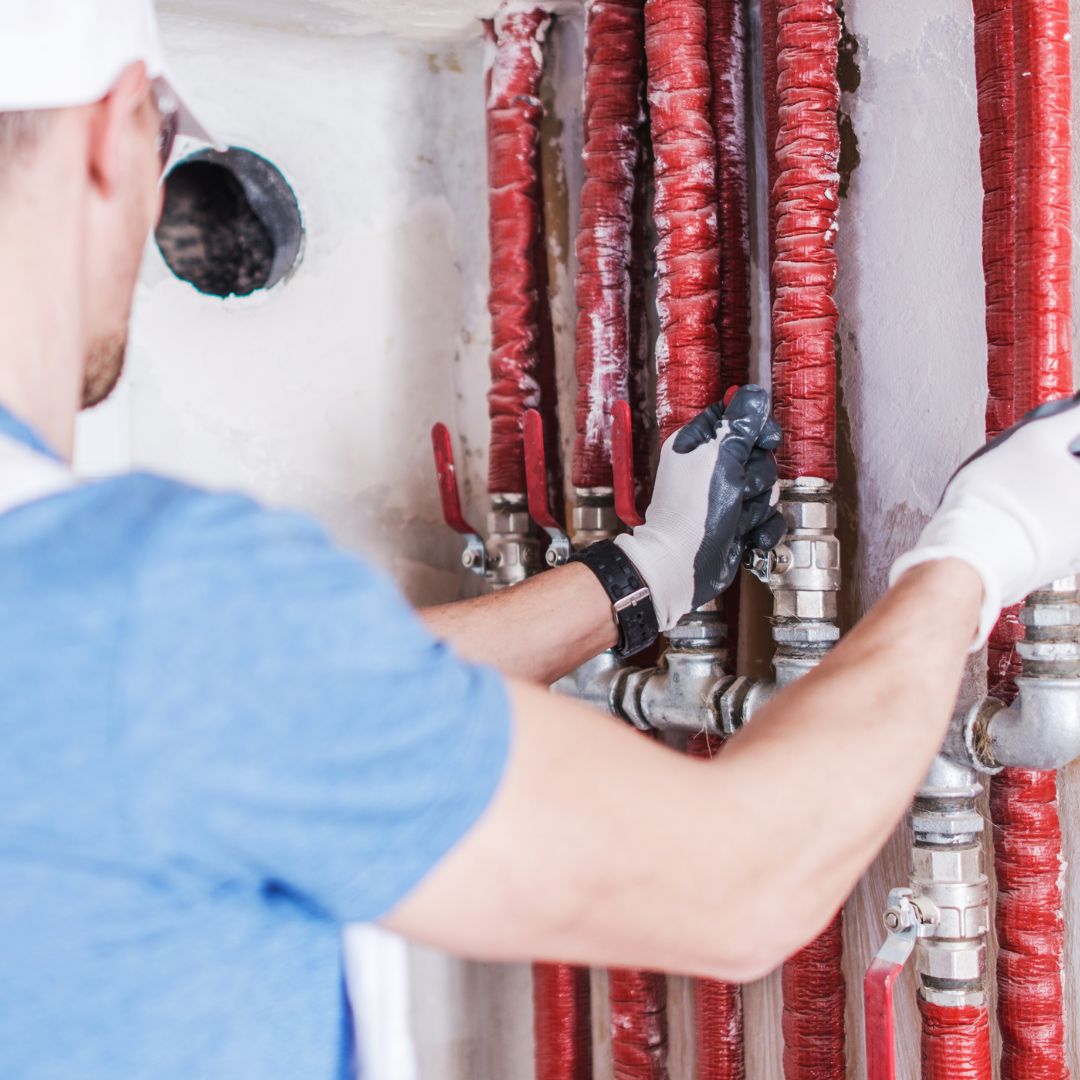
Being Responsible With Silicone Tubing
At the same time, there are also steps that individual businesses and consumers can take to minimize the environmental impact of silicone tubing. For example, proper disposal of silicone tubing, such as recycling or sending it to a landfill that accepts non-biodegradable waste, can help to reduce the amount of waste that ends up in the environment. Similarly, choosing reusable silicone tubing and hoses or investing in more energy-efficient systems that utilize silicone tubing can help reduce waste and conserve resources. Finally, encouraging silicone manufacturers to use more sustainable practices and materials in production can help to promote environmental sustainability across the entire supply chain. Ask us about our silicone hose sustainability processes today.
CONNECT WITH FLEX TECHNOLOGIES TODAY
The impact of silicone tubing on environmental sustainability is an important consideration for businesses and consumers alike. While silicone tubing can be made from non-renewable resources and does not biodegrade, efforts are being made to improve sustainability through the use of bio-based silicone and recycling initiatives. In addition, using silicone tubing in applications that help conserve energy and reduce waste can contribute to a more sustainable approach. By considering the entire life cycle of silicone tubing and taking steps to minimize environmental impact, manufacturers, businesses, and consumers can work together to promote a greener and more sustainable future.
Since silicone hoses and tubing have so many benefits to humanity as a whole with its applications that make the jobs of many industries easier, they are vital to our lives. It's up to all of us to help make this vital material sustainable. Reach out to Flex Technologies about our silicone hose and tubing manufacturing processes, and shop with us online today!
 Default Currency
Default Currency
 Mexican Pesos
Mexican Pesos
 Canadian Dollar
Canadian Dollar

